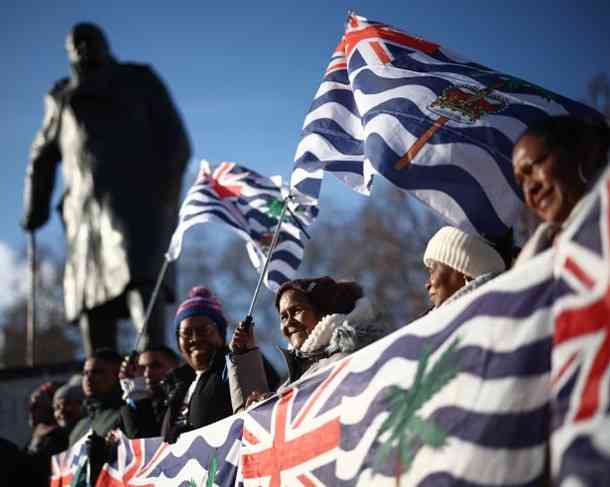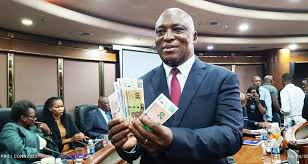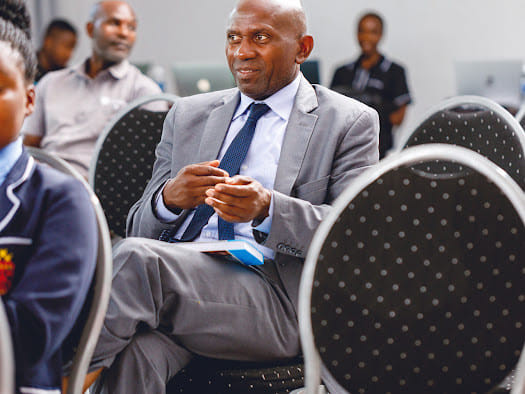
The Tourism and Hospitality Industry ministry is proposing that civil servants contribute monthly for end-of-year holidays as it seeks to drive domestic tourism.
Domestic tourism was the backbone of the tourism sector following global lockdowns imposed in the period 2020 to 2022 as part of measures to contain the spread of the COVID-19 pandemic.
According to Tourism minister Barbara Rwodzi, there is need for a facility for civil servants through the banks, where they can pay every month throughout the year so that they can at least have even a weekend where they visit any domestic tourist destination.
“Every year, their families would know that they have a place that they visit as a family,” she told journalists on Monday.
In an under-performing economy in which employees, government workers included, are struggling to put food on the table, holiday at a resort is a pipe-dream.
The local tourism product remains beyond the reach of many in the country, including those in the private sector.
There is need to revisit our cost structure and come up with a pricing regime that acts as a magnet for domestic tourism. This entails a haircut on taxes and levies.
The new curriculum has seen schools organising trips to tourism sites. However, that has come at a huge cost for parents, underlining the prevailing extortionate pricing in the industry which has seen a meal going for US$30, for example.
- ‘Tourism on the rebound’
- Zim, Zambia looking to preserve fish stocks
- Zim-made oil paints highly toxic: Report
- Minister, police boss in heated tantrum
Keep Reading
How then do we drive domestic tourism if the prices are beyond the reach of the intended beneficiary?
There is need for players and the government to roll out incentives like what other markets are doing.
South Africa, for example, has introduced Sho’t Left Travel Week in which players in the industry offer discounts of as much as 50%. This has seen South Africans visiting tourism sites thereby growing the sector which provides the quickest turnaround ahead of other sectors such as mining and agriculture.
Players should roll out promotions and loyalty programmes to grow the domestic tourism base, currently driven by conferences by government ministries, departments and non-governmental organisations.
Domestic tourism is being viewed as a low-hanging fruit by the government as it seeks to grow the sector to a US$5 billion industry.
Out of the US$1,16 billion worth of tourism receipts earned last year, US$732 million was generated from international tourism and US$428 million from the domestic market.
Experts say domestic tourism remains subdued, due to exorbitant packages offered around food, accommodation, travel and other related activities.
The push to drive domestic tourism comes at a time when consumers are cutting monthly budgets to prioritise the family basket, workers are left with very little disposable income for tourism which is considered a leisure activity.
There is scope to scale up domestic tourism which sustained the industry during the COVID-19 pandemic.
According to the World Travel & Tourism Council (WTTC) report, the Africa region had the most even distribution of spending by domestic and international visitors in 2019.
Revenues from domestic tourists constituted 57% of total travel and tourism spending in Africa, with revenue from international tourists contributing the remaining 43%, the report said.
“South Africa, Nigeria and Algeria in 2019 relied more on their domestic tourists. In fact, Algeria’s sector was almost entirely supported by its domestic market,” WTTC said.
There is no doubt that local is lekker as COVID-19 showed, but there is need for a holistic approach to make the tourism product attractive to locals.











